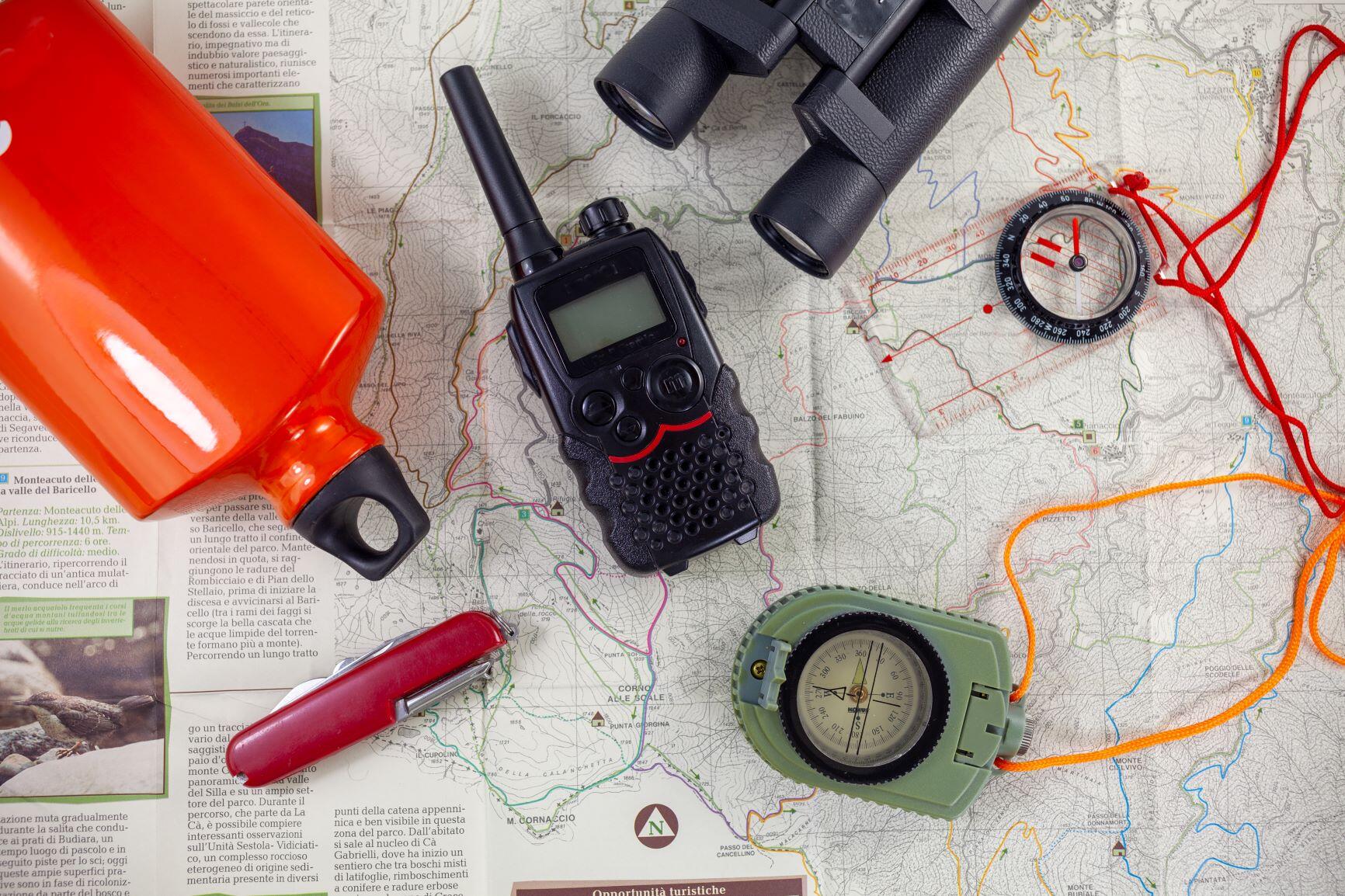
Being prepared for unforeseen emergencies and disasters is crucial. Whether you’re an avid adventurer, an outdoor enthusiast, or simply concerned about potential emergencies, having the right survival gear can make all the difference in ensuring your safety and well-being. Among the essential tools for survival, radio communications play a significant role in keeping you connected and informed. In this blog, we will explore the importance of choosing the right survival gear and highlight the crucial role of radio communications in your preparedness strategy.
Preparedness is Key:
When it comes to survival situations, preparedness is the key to maintaining control and ensuring your safety. Choosing the right survival gear involves carefully considering the potential risks and challenges you may face, and selecting items that will aid you in those specific situations. Whether you’re preparing for natural disasters, outdoor adventures, or emergencies, having the right gear can be a lifeline.
The Essential Survival Gear:
a. Shelter and Warmth: Having a reliable tent, sleeping bag, and emergency blankets will provide shelter and protect you from harsh weather conditions.
b. Water and Food: Carry a portable water filter, water purification tablets, and high-calorie non-perishable food items to sustain yourself.
c. First Aid Kit: A well-stocked first aid kit is vital for treating injuries and medical emergencies.
d. Navigation Tools: Maps, compasses, and GPS devices will help you navigate through unfamiliar territories.
e. Lighting and Fire: Pack flashlights, headlamps, and waterproof matches to ensure visibility and the ability to start a fire for warmth and cooking.
f. Multi-tool: A versatile tool that includes a knife, pliers, screwdrivers, and other essential functions can be invaluable in survival situations.
The Importance of Radio Communications:
In survival situations, maintaining communication with the outside world is crucial. Radio communications play a vital role in ensuring you can send and receive important information. Here’s why it’s essential to include radios in your survival gear:
a. Emergency Alerts: Weather radios equipped with NOAA (National Oceanic and Atmospheric Administration) alerts can warn you about severe weather conditions, including hurricanes, tornadoes, and other natural disasters.
b. Search and Rescue: In the event you’re lost or injured, a two-way radio enables you to communicate with search and rescue teams, increasing your chances of being located and rescued quickly.
c. Stay Informed: During emergencies or natural disasters, traditional communication networks may be disrupted. Having a battery-powered or hand-crank radio allows you to stay informed about evacuation orders, emergency services, and news updates.
d. Coordination with Others: If you’re part of a group or in a survival situation with others, radios facilitate coordination and communication, ensuring everyone stays on the same page and can respond effectively to challenges.
Choosing the Right Radio:
a. Durability and Portability: Look for a radio that is rugged and weather-resistant, capable of withstanding harsh conditions. Additionally, choose a lightweight and compact option for easy portability.
b. Long Battery Life: Opt for radios with long battery life or consider models that can be charged via solar power or hand-cranking to ensure a reliable power source.
c. Range and Channels: Consider the range required for your specific needs. Some radios offer long-range capabilities, while others are designed for short-range communication within a group. Check for radios with multiple channels to avoid interference and enable private conversations.
d. Additional Features: Look for radios with built-in flashlights, SOS signals, and AM/FM capabilities for added versatility.




